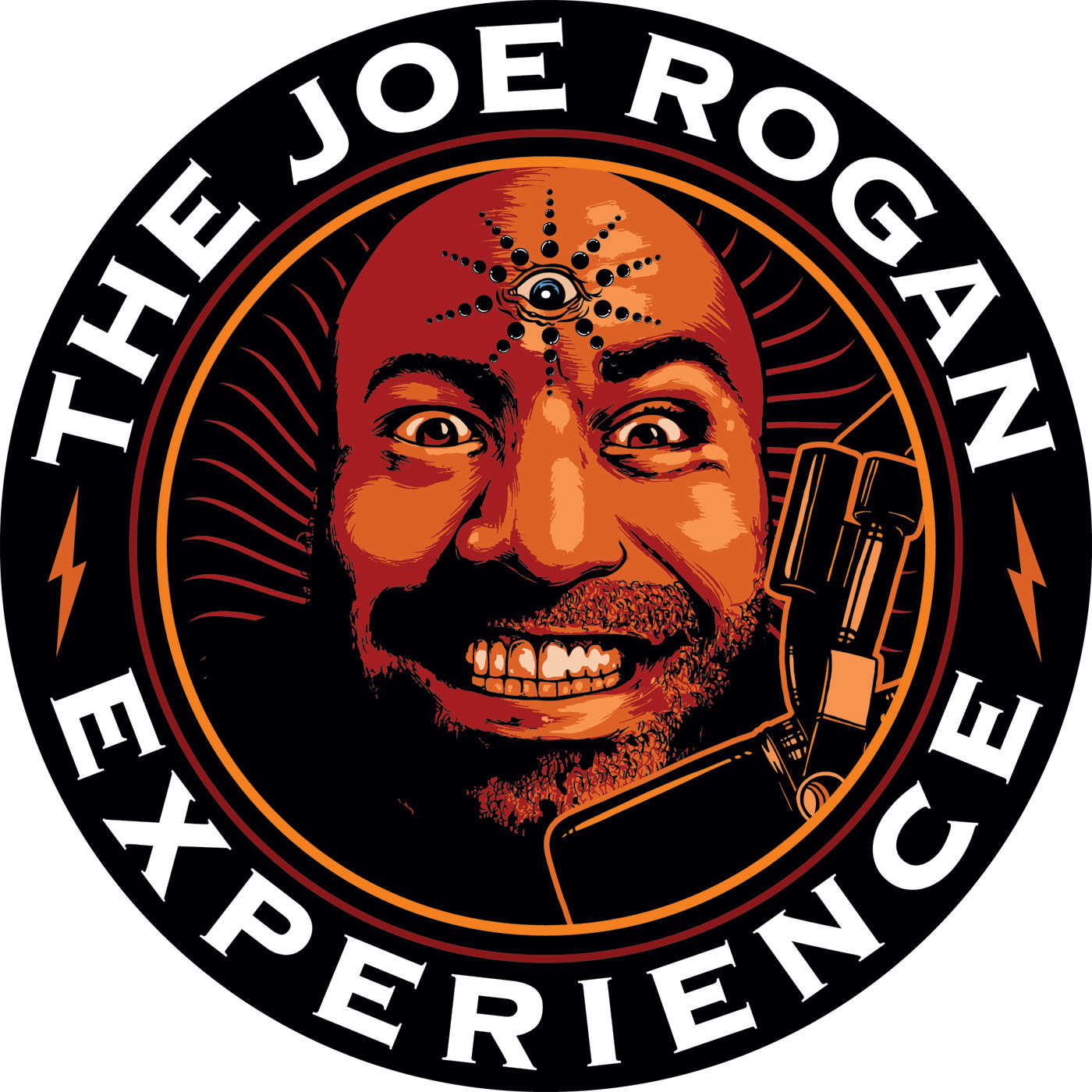Ranked #1

Sonic TALK 525: When You Meet Genius
Sonic TALK 525: When You Meet Genius
1 Mar 2018
•
1hr 9mins
Ranked #2

Sonic TALK 621 - Get To Valhalla For Free
Sonic TALK 621 - Get To Valhalla For Free
Guests Charles Chicky Reeves - FOH engineer, producer, songwriter Rich Hilton - Nile Rodgers Studio guy, keyboards for C... Read more
28 May 2020
•
1hr 10mins
Similar Podcasts
Ranked #3

Sonic TALK 620 -Lightbulb Moments
Sonic TALK 620 -Lightbulb Moments
Guests Gaz Williams - Producer, bassplayer, music technologist Dominic Hawken-producer, keyboard player, songwriter,deve... Read more
21 May 2020
•
1hr 10mins
Ranked #4

Sonic TALK 619 - Logic 10.5, BBC SO Discovery and Behringer MonoPoly
Sonic TALK 619 - Logic 10.5, BBC SO Discovery and Behringer MonoPoly
Guests Matthew Hodson - producer, performer and educator Yoad Nevo - producer, mix engineer Waves Developer Rich Hilton ... Read more
14 May 2020
•
1hr 6mins
Ranked #5

Soinic TALK 618 - Does It Do The Drudge Work?
Soinic TALK 618 - Does It Do The Drudge Work?
7 May 2020
•
1hr 7mins
Ranked #6

Sonic TALK 617 - Confessional Vocal Booth
Sonic TALK 617 - Confessional Vocal Booth
Hellos and camera stuff (Sony A6000 FYI) 12:00 MPC 2.8 OS Update 13:50 Florian Schneider RIP 26:10 - iZotope Ozone 9 com... Read more
30 Apr 2020
•
1hr 8mins
Ranked #7

Sonic TALK 616 - Promotional Pillow
Sonic TALK 616 - Promotional Pillow
23 Apr 2020
•
1hr 15mins
Ranked #8

Sonic TALK 615 - Feral Jetwasher
Sonic TALK 615 - Feral Jetwasher
16 Apr 2020
•
1hr 6mins
Ranked #9

Sonic TALK 614 - Power UP
Sonic TALK 614 - Power UP
9 Apr 2020
•
1hr 5mins
Ranked #10

Sonic TALK 613 - Indie in Undies
Sonic TALK 613 - Indie in Undies
2 Apr 2020
•
1hr 5mins
Ranked #11

Sonic TALK 612 - Online Collaboration
Sonic TALK 612 - Online Collaboration
26 Mar 2020
•
1hr 8mins
Ranked #12

Sonic TALK 611 - A New Improved Normal
Sonic TALK 611 - A New Improved Normal
19 Mar 2020
•
1hr 10mins
Ranked #13

Sonic TALK 610 - Don't Hurt The AI's Feelings
Sonic TALK 610 - Don't Hurt The AI's Feelings
12 Mar 2020
•
56mins
Ranked #14

Sonic TALK - We're All Cork Sniffers
Sonic TALK - We're All Cork Sniffers
5 Mar 2020
•
1hr 18mins
Ranked #15

Sonic TALK 605 - Deep Nerding With BT
Sonic TALK 605 - Deep Nerding With BT
6 Feb 2020
•
1hr 16mins
Ranked #16

Sonic TALK 600 - Sleighbells Changed My Life
Sonic TALK 600 - Sleighbells Changed My Life
With Tori Letzler, Jamie Lidell and Dominic Hawken
5 Dec 2019
•
59mins
Ranked #17

Sonic TALK 589 - Now Thats What I Call Roland
Sonic TALK 589 - Now Thats What I Call Roland
With Yoad Nevo -mix engineer, producer Waves dev, Jem Godfrey - keyboard player, composer, touring musician and Gaz Will... Read more
12 Sep 2019
•
1hr 11mins
Ranked #18

Sonic TALK 588 - Hydrasynth
Sonic TALK 588 - Hydrasynth
4 Sep 2019
•
1hr 1min
Ranked #19

Sonic TALK - A Canon In GUI Folklore
Sonic TALK - A Canon In GUI Folklore
With Gaz Wiliams and Yoad Nevo - ROLI LUMI, Behringer RD-8 and isla Instruments SP2400 and more
20 Jun 2019
•
1hr
Ranked #20

Sonic TALK 575: A Load Of Clap
Sonic TALK 575: A Load Of Clap
2 May 2019
•
1hr 10mins























